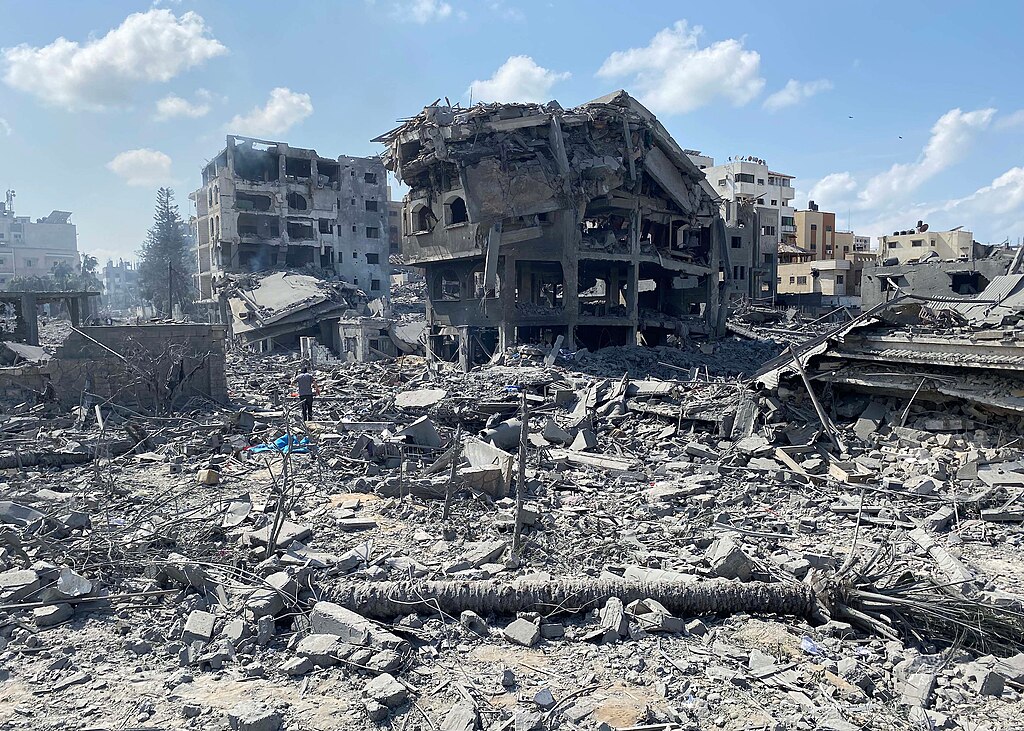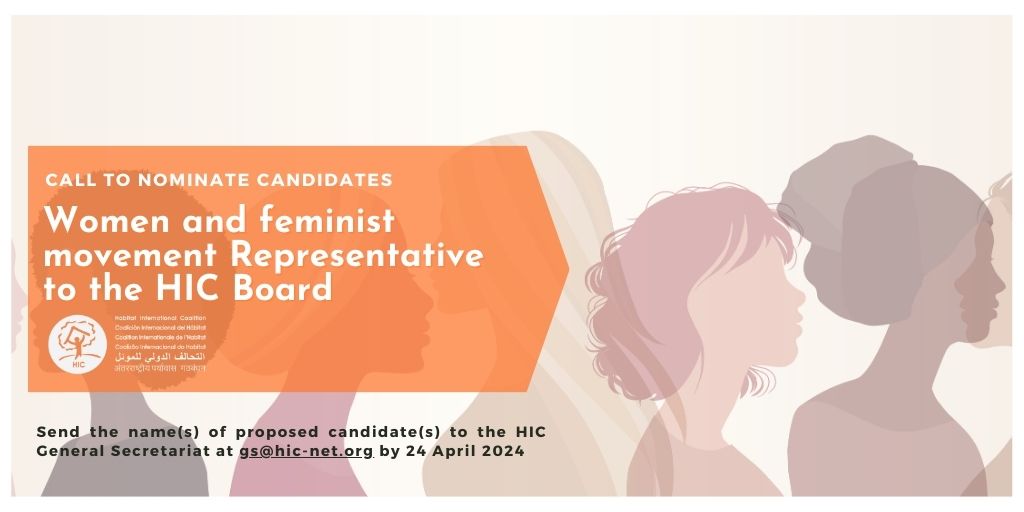
Press Release
Barcelona, February 14 2008
As Miloon Kothari, the United Nations Special Rapporteur on Adequate Housing, explained, the same factors, issues and conflicts affect women and men differently. In a report to the UN Commission on Human Rights, where he presents the main findings from eight regional consultations on the theme realized during the last 5 years, Mr Kothari urges states to strengthen their juridical and normative frameworks to protect the rights of women to adequate housing, land and inheritance. He also advocates for compensation and humanitarian aid in cases where these rights are violated. According to the testimonies that women from all regions of the world gave during the consultations, the Rapporteur concluded that violations of women’s rights are surrounded by an omnipresent culture of silence.
To acknowledge the Rapporteurs’ recommendations, and to share experiences of following these recommendations, over 35 women from Africa, Asia, Latin America, North America and Europe gathered in Barcelona between the 12th and the 14th of February to elaborate strategies for the achievement of housing rights that takes gender issues into account while considering the situation of groups of women that are particularly exposed to discrimination and systematic neglect of their rights (such as female heads of households, women belonging to ethnic or sexual minorities, women with HIV-AIDS and women in conflict or post-conflict situations).
“In my country, women who want to divorce their husbands are still persecuted”, a participant from Mali declared to her working group, while others mentioned the difficulties to access housing in their countries due to the impossibility of paying rents and mortgages. This was linked to the fact that women do not receive salaries equal to those of men in any country of the world.
On a more legal note, the lack of harmonization of national juridical frameworks with international Human Rights treaties was brought up. Furthermore, it was made clear that in many places, certain cultural or religious practices are at the same time a hindrance to the implementation of the Human Rights legislation and a means for justification of systematic violations of women’s rights.
Women do contribute widely to family processes and organized collectives, to the care of their children, to home care; women contribute also being important protagonists in communitarian processes of their neighbourhoods, in familiar economy, in the city where they live. At the same time, territorial planning plays a fundamental role that, if different usages and necessities are not considered, may obstruct equal relations between women and men. These were some of the issues discussed by the participants of the seminar, who once more emphasized the necessity of work for the increased visibility of the efforts, demands and rights of women.
Also, natural disasters were discussed: the physical and psychological violence suffered by women in shelters and refugee camps as well as the lack of attention given to necessities and ways of living in processes of reconstruction and re-establishment of settlements, like in the case of the tsunami that affected various countries in South-East Asia a little more than three years ago.
Moreover, the realization of large “development” projects (involving construction of infrastructure such as roads, ports, airports, pipelines for gas and oil etc.) and armed conflicts, leading to massive forced evictions with devastating impacts on the lives of women, was part of the extensive agenda.
To open spaces and opportunities for the discussion of actual ideas and practices related to women and human settlements; question and revise concepts; condemn real estate speculations and evictions in urban areas; commit to promote, defend and implement democratic management of urban and rural territories and the social function of property and advocate for the issues in the agendas of social movements and the Human Rights discourse were some of the methods identified for common action.
And without expecting Saint Valentine to bring forward a prince to realize women’s rights, the meeting ended with a series of agreements to strengthen and connect the work carried out in different parts of the world and to keep promoting, defending and above all realizing the equal right of all women to a place in which they can live in peace and dignity.


